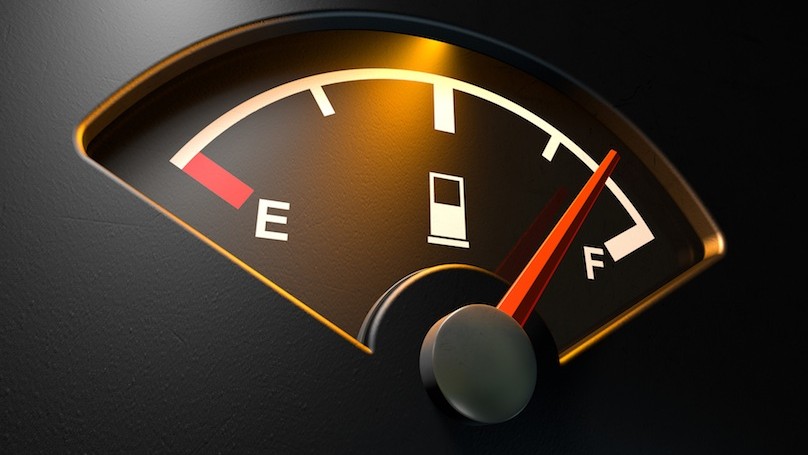Though it may be hard to believe, investing in regular preventative maintenance can help save you money in the long run by improving your fuel economy, allowing you to drive your vehicle longer, and help you avoid expensive repairs. In some cases, failing to maintain your car can also affect its mechanical integrity and lead to an accident with costs to repair the damage and pay increased insurance premiums. Any injuries as a result of the accident can also take their toll on your wallet if they require special treatment like physiotherapy or limit your ability to work. Today we dive into ways to improve your fuel economy.
Today’s vehicle manufacturers are pushing the limits to continually produce more economical, environmentally friendly and technologically advanced vehicles. Listen to the radio or flip on the TV and you’ll see how each new model has better features and is more fuel efficient than the competition, including its own older model.
You may be surprised to know that this isn’t all marketing fluff; due to increasingly stringent emissions standards, today’s vehicles are indeed more fuel efficient than ever before. But this is only the case when they are maintained to the manufacturer’s standards.
Here are some maintenance tips to help you save at the pump:

Check your tire pressures – Under-inflated tires increase rolling resistance, which forces your engine to work harder and burns more fuel. By maintaining your tire pressure at the recommended level, you’ll help maximize your fuel economy.
Use the right tires for your vehicle – Use the type and size of tire recommended by your manufacturer for optimal performance. The wrong tires can increase your fuel consumption and will likely wear more quickly.
Use the recommended grade of motor oil (especially on BMW, Mercedes, Audi, Volkswagen etc...)– Motor oil comes in different grades and formulations. Thicker oil is harder to pump, so using the right motor oil for your car can improve your fuel economy by one to two per cent.
Have your engine tuned – Though engine tune-ups have changed along with vehicle technology, they can still improve your gas mileage by up to four per cent.
Replace your oxygen sensor – Check your owner’s manual for the oxygen sensor’s replacement interval. Fresh oxygen sensors can improve fuel economy by as much as 10 to 15 per cent and can save you an average of $100 per year on fuel by ensuring optimal engine performance.
Check your battery – Corroded battery cables force your alternator to work harder and your car to burn more fuel. Have your battery checked at least once per year to ensure that the connections are tight and corrosion free.
Fill up with the right octane gasoline – Your owner’s manual should outline the octane of gas that is best you’re your car. Don’t buy premium gas unless your manufacturer recommends it. Similarly, if your owner’s manual indicates that you should use higher-octane gasoline, pay the premium price for premium gas.
Pay attention to your check engine light and other warning lights on your dashboard – Your dashboard indicators provide you with important information about your vehicle, including its fuel economy. If your check engine light is illuminated, bring your car in to have it checked out by a technician. Also, if your check engine light ever blinks or flashes pull over and phone a tow truck immediately. When a check engine light is flashing or blinking, it is usually causing expensive damage to a very expensive component called your catalytic convertor.
Replace your air filters – Your car is equipped with a variety of air filters to prevent contamination of important vehicle systems. Replacing these air filters as recommended by the manufacturer can save you up to 10 per cent on fuel.
Check your gas cap – A missing or cracked gas cap will allow gasoline vapors to escape from your tank.
Have your suspension and chassis inspected – In addition to affecting your safety, misaligned or damaged parts can create drag that increases your fuel consumption.
Have your car inspected at least every year or 20,000km – A regular inspection in the spring and the fall can help you identify other problems that may be affecting your car’s performance, such as misfiring spark plugs, sagging belts, worn brakes or transmission problems.
Book an appointment today and we'll get you running right!
.jpg)